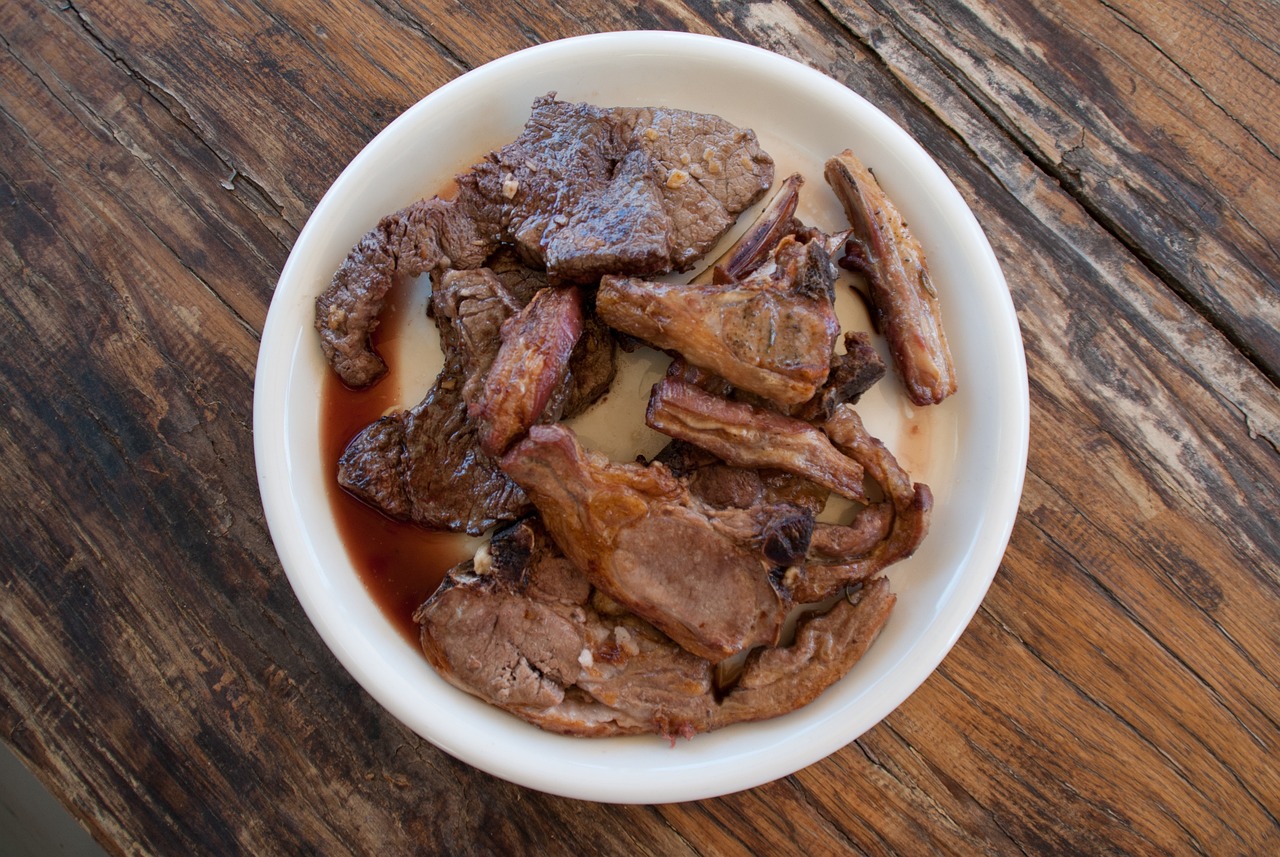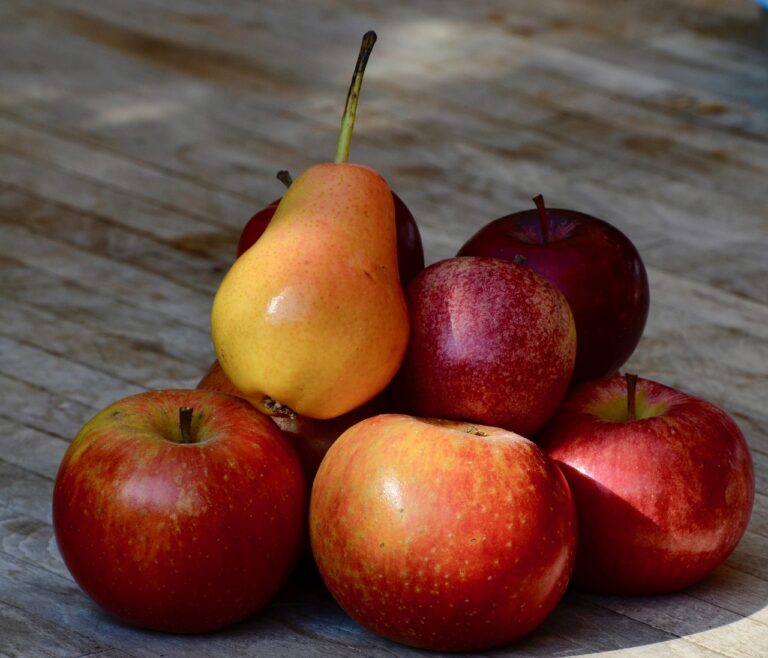Understanding the Link Between Diet and Thyroid Health: Diamondexch sign up, Sky 99 exch, Reddy anna book club
diamondexch sign up, sky 99 exch, reddy anna book club: Thyroid health is a crucial aspect of overall well-being, as the thyroid gland plays a vital role in regulating metabolism, energy levels, and many other bodily functions. One often overlooked factor that can significantly impact thyroid health is diet. What we eat can have a profound effect on how our thyroid functions and can either support or hinder its performance.
In this article, we will explore the link between diet and thyroid health, and how making the right dietary choices can help optimize thyroid function and overall health.
Understanding the Thyroid
Before delving into the relationship between diet and thyroid health, it’s essential to have a basic understanding of what the thyroid gland does. The thyroid is a small butterfly-shaped gland located in the front of the neck. It produces hormones that regulate metabolism and energy production in the body. These hormones also play a role in regulating heart rate, body temperature, and other vital functions.
When the thyroid is not functioning correctly, it can lead to a variety of health issues, including weight gain or loss, fatigue, sensitivity to cold, and more. Conditions such as hypothyroidism (underactive thyroid) and hyperthyroidism (overactive thyroid) can disrupt the delicate balance of thyroid hormones in the body.
The Link Between Diet and Thyroid Health
Diet plays a crucial role in supporting thyroid health. Certain nutrients are essential for the production of thyroid hormones, while others can interfere with thyroid function. By making the right dietary choices, you can help ensure that your thyroid is functioning optimally and support overall health and well-being.
Nutrients That Support Thyroid Health
Iodine: Iodine is a key nutrient for thyroid health, as it is a critical component of thyroid hormones. Good food sources of iodine include seaweed, fish, dairy products, and iodized salt.
Selenium: Selenium is another essential nutrient for thyroid health, as it helps regulate thyroid hormone production and function. Foods rich in selenium include brazil nuts, sunflower seeds, fish, and eggs.
Vitamin D: Vitamin D plays a role in thyroid hormone production and can help support overall thyroid function. Good food sources of vitamin D include fatty fish, eggs, and fortified foods.
Zinc: Zinc is important for thyroid hormone production and regulation. Foods rich in zinc include oysters, beef, poultry, and pumpkin seeds.
Antioxidants: Antioxidants such as vitamin C and vitamin E can help protect the thyroid gland from oxidative stress and support thyroid function. Good food sources of antioxidants include fruits, vegetables, nuts, and seeds.
Foods to Avoid for Thyroid Health
While certain nutrients are essential for thyroid health, there are also some foods that can negatively impact thyroid function. These include:
Soy: Soy contains compounds that can interfere with thyroid function and should be consumed in moderation, especially for those with thyroid conditions.
Gluten: Some people with thyroid conditions may be sensitive to gluten, which can exacerbate inflammation and thyroid dysfunction.
Processed Foods: Processed foods high in sugar, unhealthy fats, and artificial additives can contribute to inflammation and disrupt thyroid function.
Caffeine: Excessive caffeine consumption can interfere with thyroid hormone production and should be consumed in moderation.
Alcohol: Alcohol can disrupt thyroid function and should be consumed in moderation for optimal thyroid health.
By making mindful choices about the foods you eat, you can support your thyroid health and overall well-being.
FAQs
Q: Can diet alone cure thyroid conditions?
A: While diet plays a significant role in supporting thyroid health, it is not a cure for thyroid conditions such as hypothyroidism or hyperthyroidism. It is essential to work with a healthcare provider to develop a comprehensive treatment plan that may include medication, lifestyle changes, and dietary modifications.
Q: Are there any specific diets that are recommended for thyroid health?
A: There is no one-size-fits-all diet for thyroid health, as individual needs may vary. However, a balanced diet rich in nutrient-dense foods such as fruits, vegetables, lean proteins, and whole grains can support thyroid function. Some people may also benefit from following a gluten-free or anti-inflammatory diet to help manage thyroid conditions.
Q: Are supplements necessary for thyroid health?
A: In some cases, supplements may be beneficial for supporting thyroid health, especially if there are deficiencies in essential nutrients like iodine, selenium, or vitamin D. However, it is important to consult with a healthcare provider before starting any new supplements, as excessive amounts of certain nutrients can be harmful.
In conclusion, the link between diet and thyroid health is undeniable. By making informed choices about the foods you eat, you can support optimal thyroid function and overall well-being. Remember to focus on nutrient-dense foods, avoid processed and inflammatory foods, and consult with a healthcare provider for personalized recommendations. Your thyroid will thank you for it!







